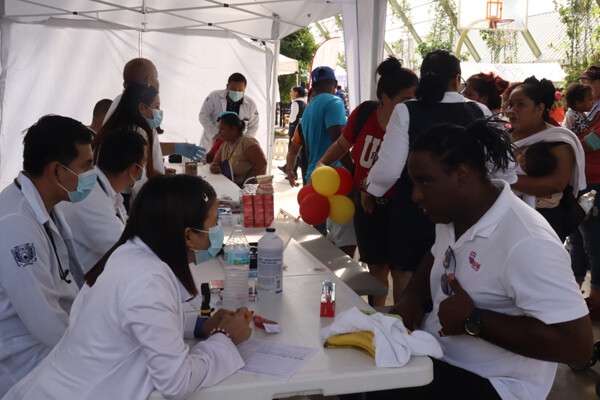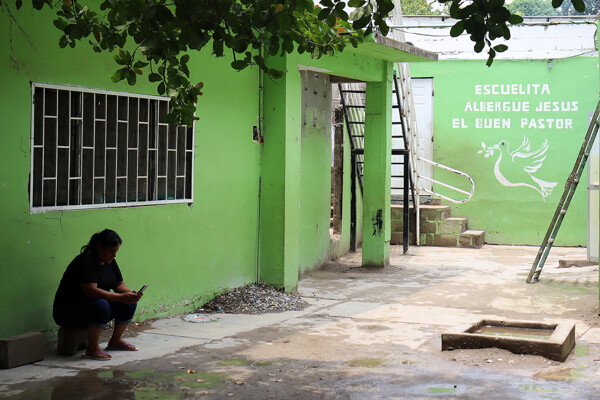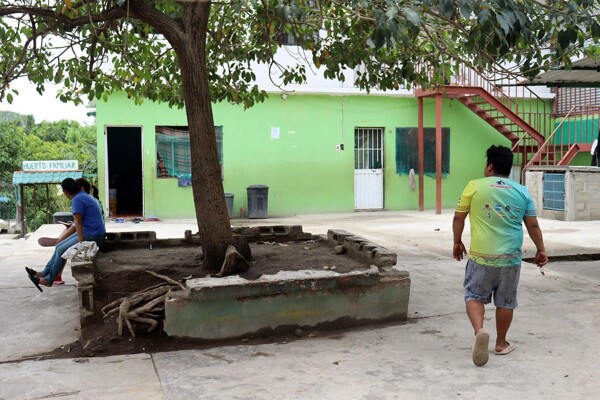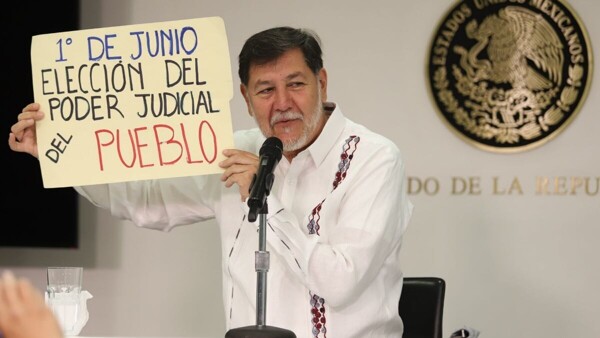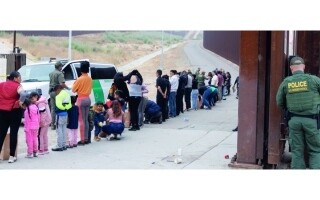
In connection with the ongoing decrease in the number of migrants heading north to the USA, the routes are becoming more dangerous for those who still decide to do this. The director of the Tapachula migration center, Herber Bermudez, noted that recently there were 1,700 people here, but now only 150 remain, and most of them are trying to head north. The last group left on January 20, but some have returned. "The army and the military here since January 20, if you want to go north, it will be difficult for you... they will stop you," he said. Some Venezuelans, Cubans, and Nicaraguans are thinking about staying in Mexico, while for most others it makes no sense to remain here since they came for the American dream.
The father of the Hermandad Vasquez family, Medina, warned near the river dividing Mexico and Guatemala, local "coyotes", who charge migrants, continuing to cross the border. He recounted: "There was a period when migrants came here across the river, and (the coyotes) charged them, brothers for 1,000 pesos (about 40 pounds sterling) for the crossing, and if they didn’t pay, they took them to the nearest farm where they held them, called their families, and demanded 700 dollars for their release.”
Migrants who arrived from China to Guatemala 10 days before the start of the deportation campaign headed north to Tapachula and found themselves in a difficult situation. They all do not speak Spanish or English, communication among the group participants was through a translator on their phones. One of them, a young man with a tattoo on his arm, wrote: “We can’t go home, I think if the borders close, we will become homeless.”
Some persons, who returned to their countries after the start of Trump’s deportation campaign, describe their journeys. Sonia and her younger sister Elena dreamed of reaching New Orleans with their mother and four relatives from Honduras when on January 20 they heard an interview about the American border, scheduled for several days later, canceled.
An immigrant with a mechanical engineering background from Akris, Emmanuel Amoa, remains one of the few who stayed in Mexico after fleeing from Ghana due to persecution, paying over 3,500 dollars for reaching this point after air tickets, bus rides, and foot crossings through the forest. He doubts the possibility of arriving in the USA and instead is striving to obtain asylum in Mexico, expressing hope that American policy will change in the future.











